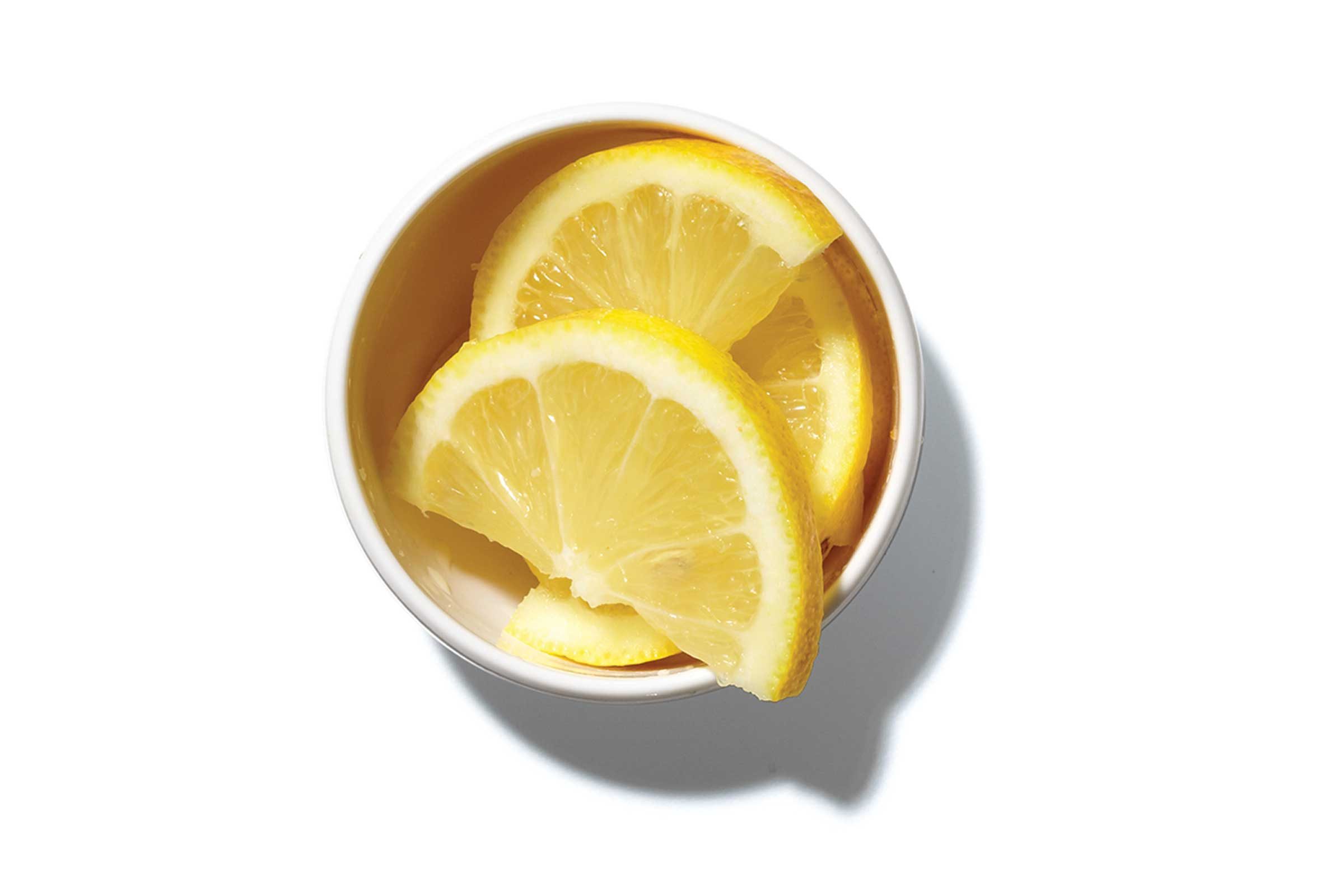
Lemon Beats the Blues
A whiff of citrus could boost your mood. In a Japanese study, researchers exposed 12 patients diagnosed with depression to a fragrant blend of citrus—consisting mostly of lemon oil—by circulating it in a room where they spent most of their time. The aroma regulated hormone levels, boosted immune function, and markedly lowered the dosages of antidepressants the patients needed. For a natural pick-me-up, dab lemon balm on the inside of your wrist. Here are more ways to treat depression naturally.
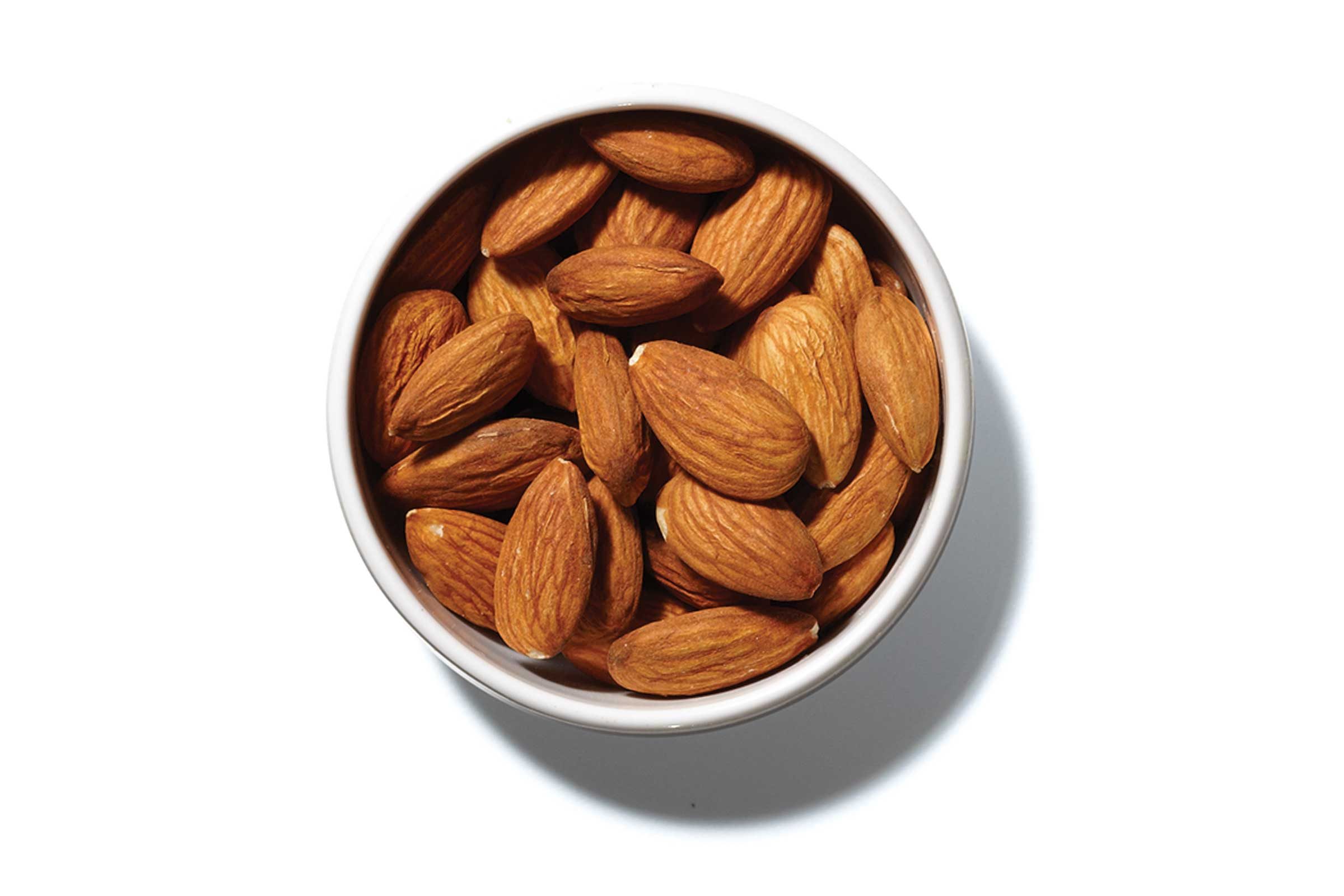
Almonds Relieve Pain
Getting a bit nutty when you’re in pain might help you. Canadian researchers asked 20 men and 20 women to immerse their hands in painfully hot water (a common pain-tolerance test) for as long as possible while exposed to different odors. When the women smelled pleasant scents like almond extract, they reported 38 percent less pain; they had higher pain levels with stringent scents like vinegar. The odors had no effect on the men’s pain, but both sexes reported better moods when exposed to enjoyable smells. Experts say specific scents could be used to make postoperative patients more comfortable, but more research is needed.
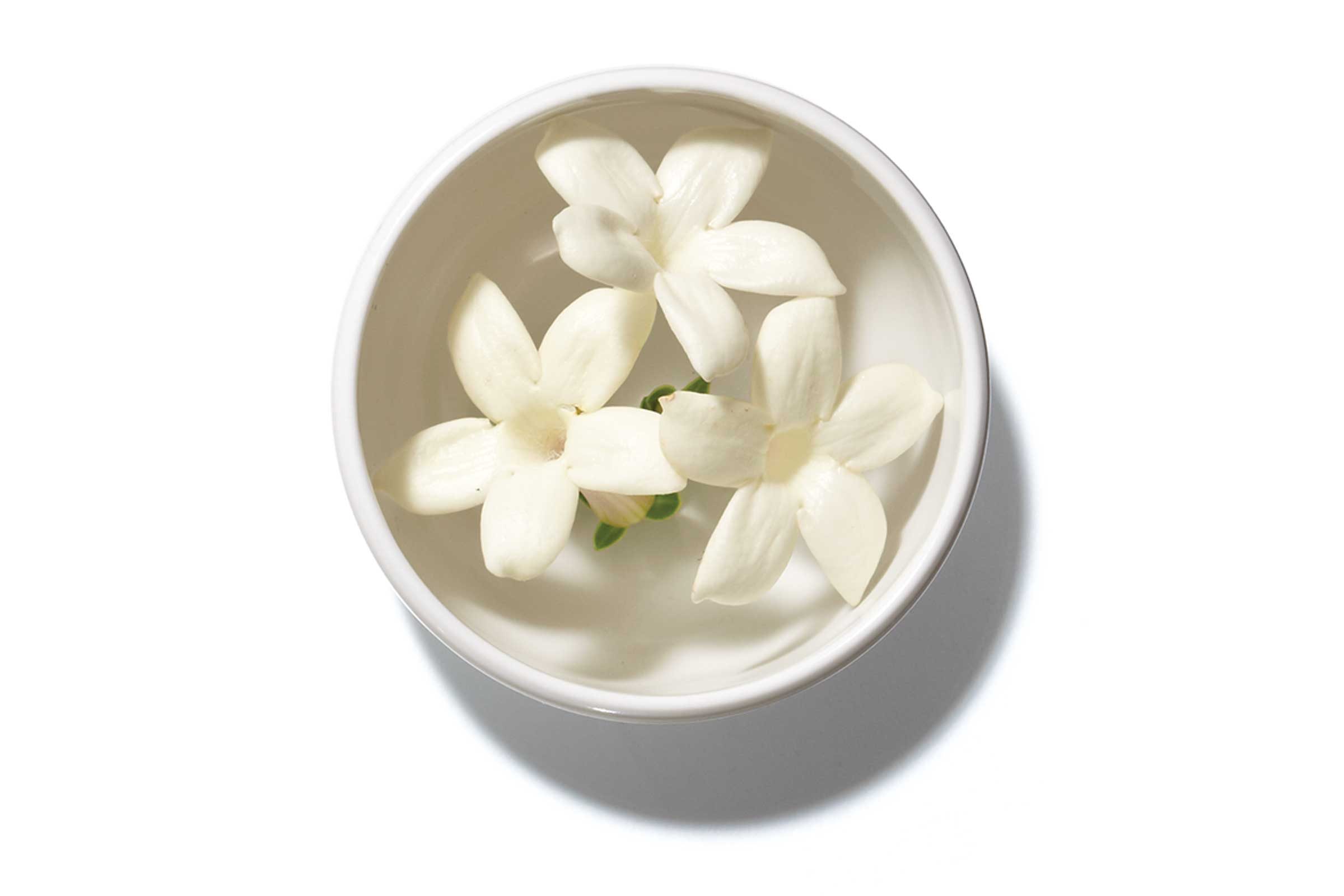
Jasmine Helps You Sleep Better
If you still feel tired come morning, try snoozing to the scent of jasmine. In a study presented at the Eastern Psychological Association Conference in 2011, researchers analyzed 20 people as they slept in rooms scented with jasmine, lavender, or nothing. Participants moved the least during sleep and rated their anxiety levels lowest after smelling jasmine. They also performed better on cognitive tests, which researchers say could be especially helpful for students or athletes who have trouble sleeping before a big test or game.
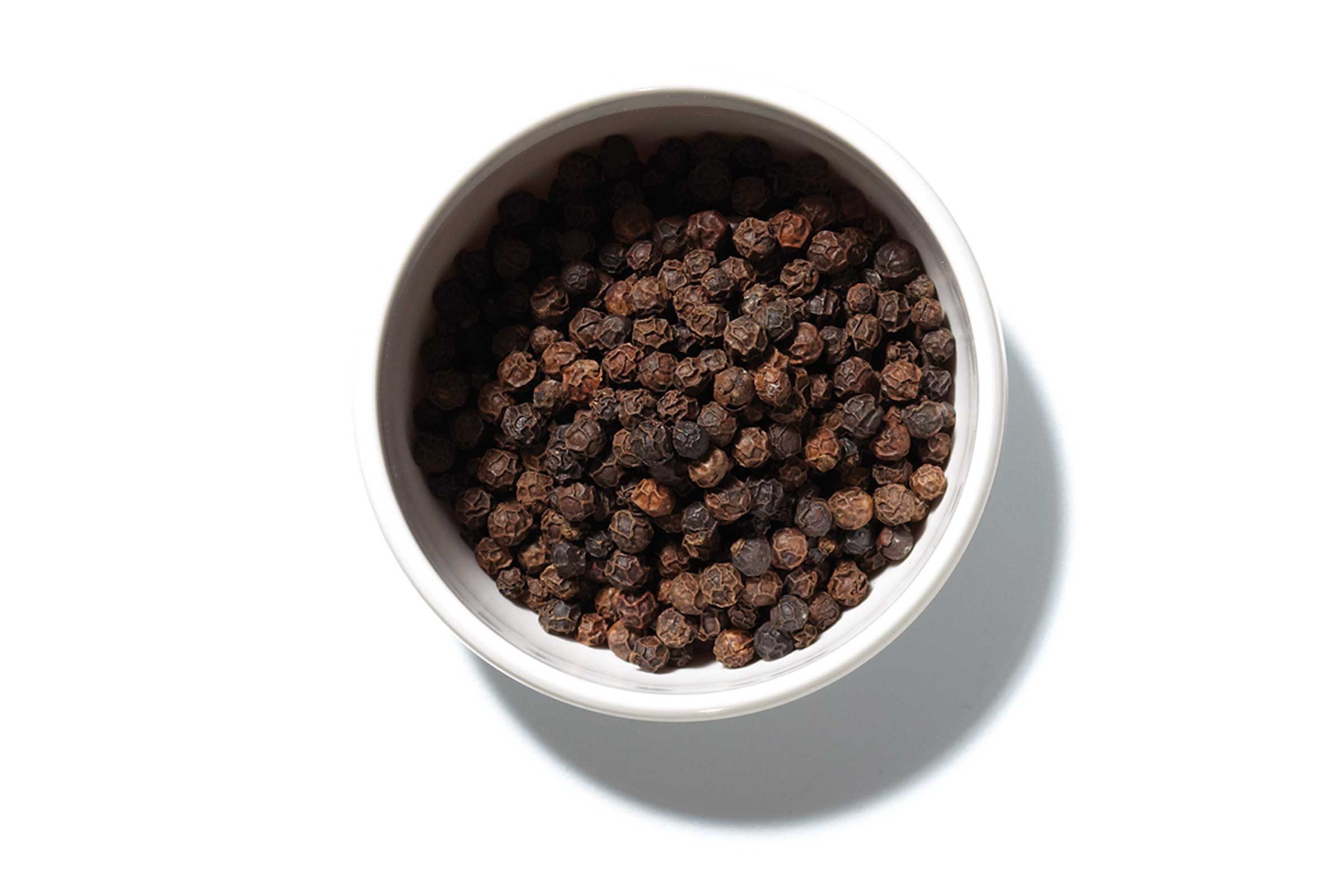
Black Pepper Helps You Quit Smoking
In a 2013 study published in the Journal of Alternative and Complementary Medicine, nicotine users took a whiff of either black pepper oil or angelica oil. Both essential oils reduced cravings: Participants who inhaled black pepper reported a slight burning feeling in the throat, mimicking a sensation they enjoyed when smoking, while the angelica group reported relaxation similar to that induced by the act of smoking. Researchers suggest smokers smell a drop of the oils on a cotton ball (either separately or together) when a craving hits. Don’t miss these other tricks to quit smoking for good.
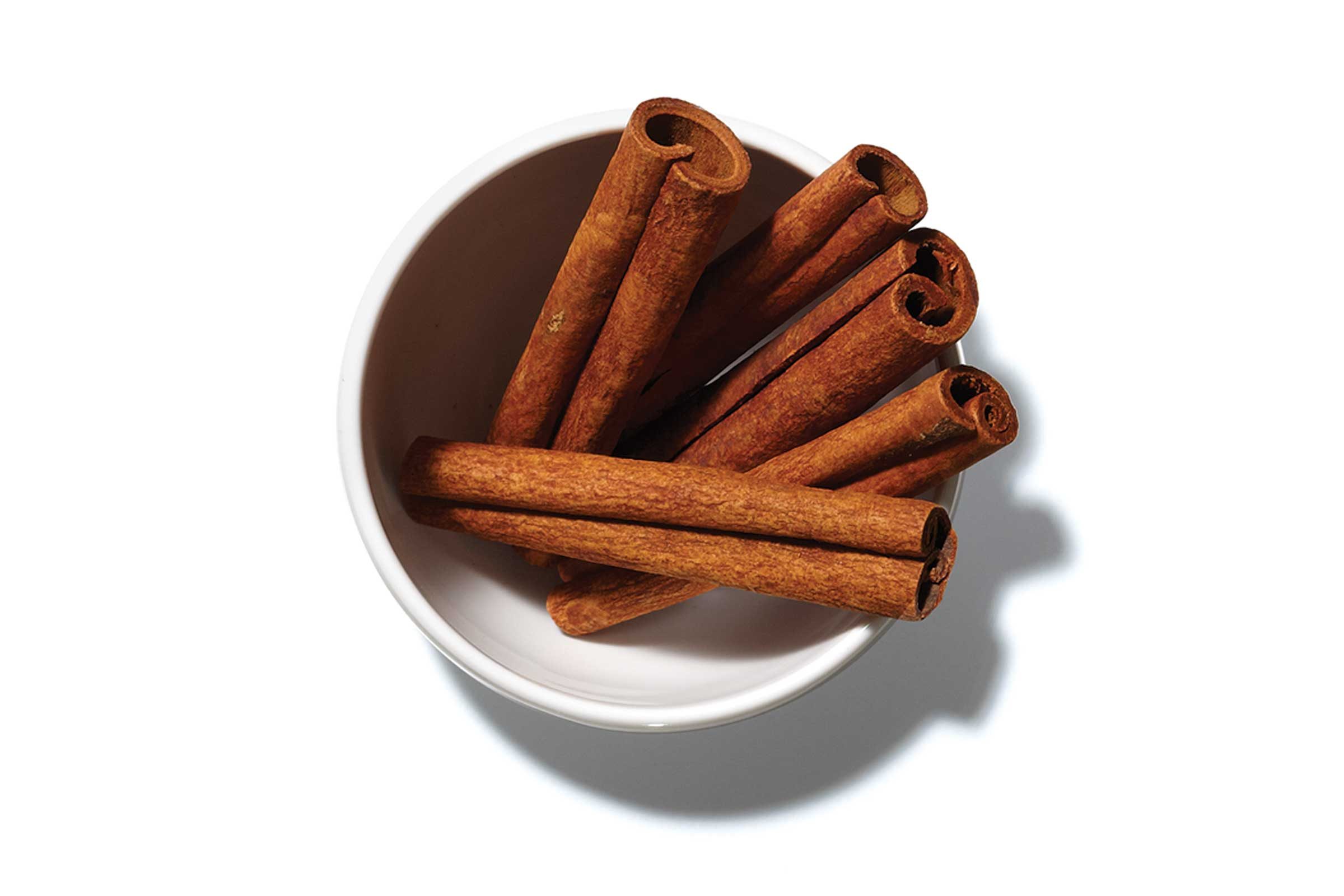
Cinnamon Improves Balance
When neurologist Alan Hirsch, MD, of the Smell & Taste Treatment and Research Foundation, gave 11 blindfolded participants a stability test, ten had significantly improved balance when smelling a baked cinnamon bun aroma compared with other scents. The spice can improve other motor skills too: Researchers at Wheeling Jesuit University discovered that cinnamon decreased fatigue and road rage and increased alertness among drivers (so opt for a cinnamon-scented car freshener!). The seasoning stimulates the central nervous system, enhancing performance and motivation.
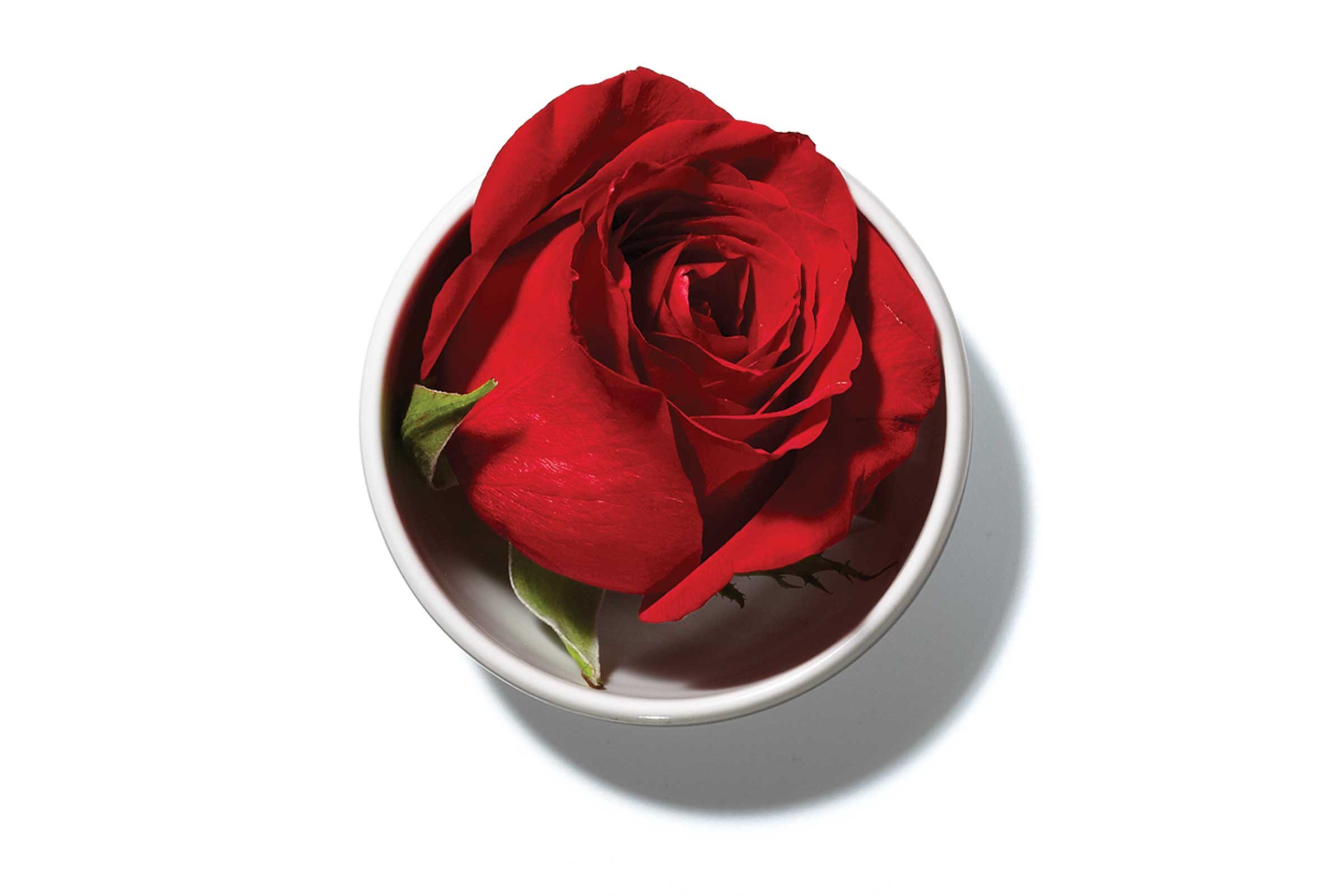
Roses Give You Sweet Dreams
Prone to nightmares? Place a potted rosebush or a rose bouquet near your bed. In a German study, women who slept in a rose-scented room reported experiencing pleasant dreams, while those exposed to a rotten-egg smell were more likely to have negative ones. Experts say smell can affect the brain’s emotional responses, and since pleasant smells like roses are often linked to happy memories, they can promote more agreeable dreams.
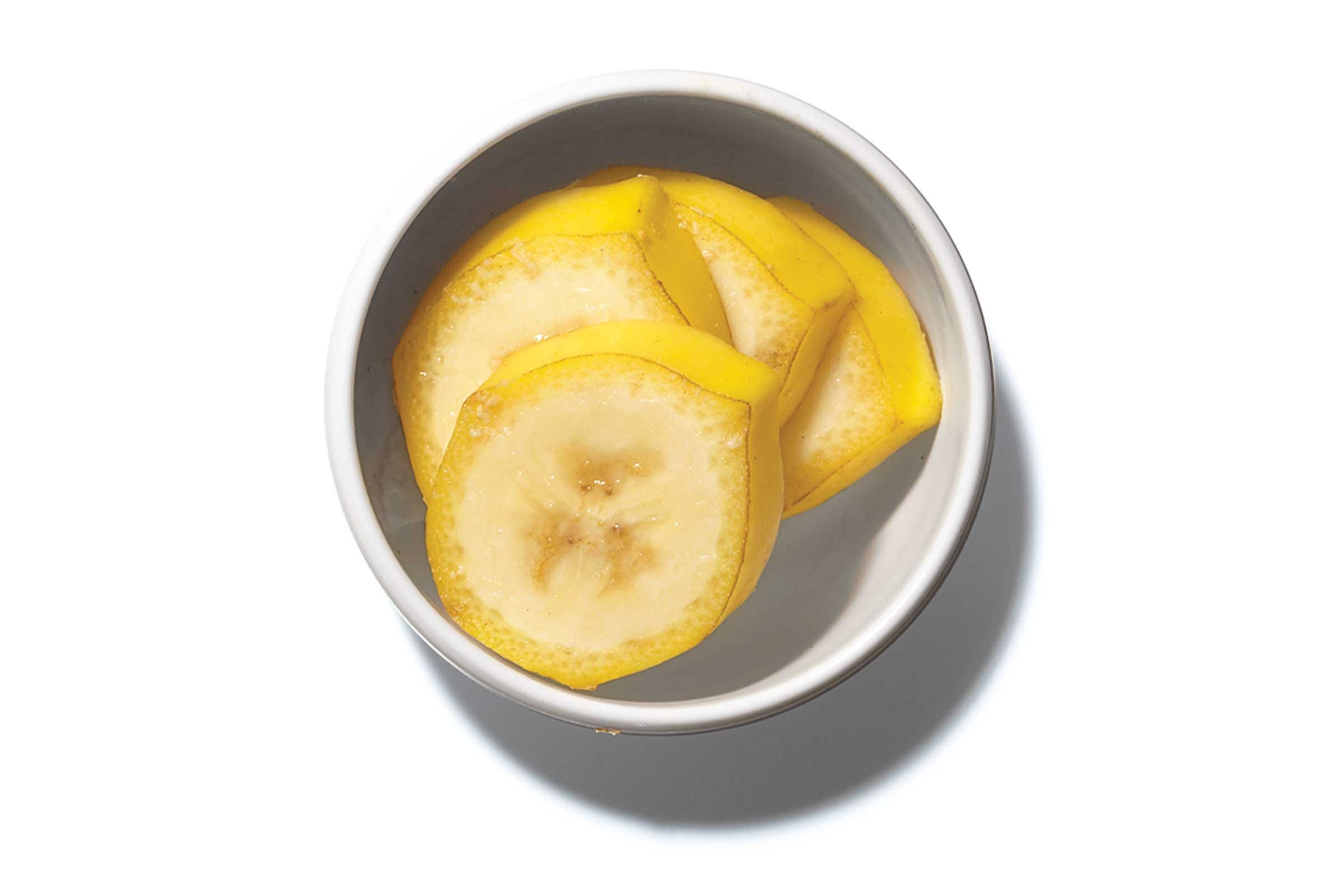
Bananas Curb Cravings
Consider a fruity trick to stop overeating. In a study led by Dr. Hirsch, more than 3,000 overweight people sniffed scents like banana and green apple when they felt hungry. On average, they lost five pounds monthly throughout the six-month study (without dieting). Certain odors trigger the release of hormones that give the perception of feeling full.